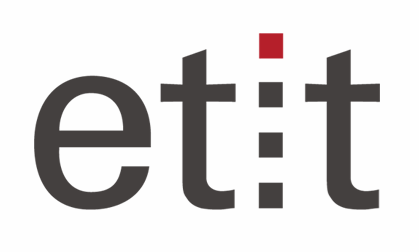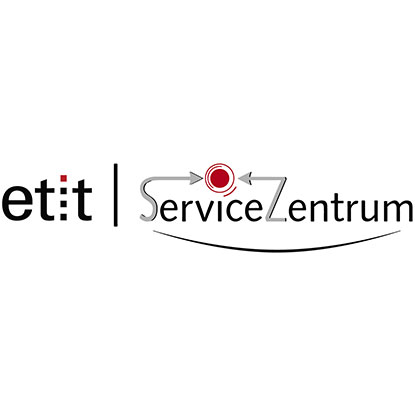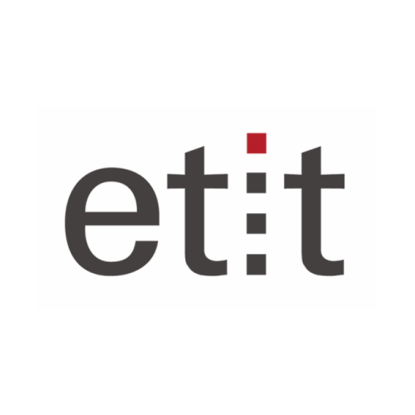Predicting the success of therapy
Dr. Garcia-Agundez receives Marie Curie Fellowship
2021/07/06 by Konstantin Pleil
A stroke can take people out of their normal lives without warning and inflict unimaginable suffering on them. Afterwards, many have to undergo therapy and learn to speak or walk again. Despite advanced medical methods, not every patient has the same therapeutic success. With the help of AI, Dr. Garcia-Agundez is trying to predict the success of therapies for patients.
In his doctoral thesis, which he wrote at the TU Darmstadt, Dr. Garcia-Agundez focused on the topic of game sensing. He tried to document the current status of Parkinson's disease in patients. Parkinson's is a disease in which nerve cells in the brain die. One symptom is that the muscles start to tremble when at rest. So far, there is no cure for the disease, but it is possible to document the progression of the disease so that the current symptoms can best be treated. So Dr. Garcia's work was an important step in the treatment of Parkinson's patients.
Connecting AI with databases
Now he is working on a project in Rhode Island at Brown University that also deals with artificial intelligence. As a post-doc, he is part of a project that has a lasting impact on the everyday therapy of stroke patients and the doctors treating them.
An important component is the daily playing of community games. In this context, a lot of data can be collected, which is then compiled in a database. As part of the project, an AI is now being developed that can predict the success of therapies using machine learning with the help of the data. Using this data, doctors can better tailor treatment to patients, giving them a greater chance of returning to a normal life.
Marie Curie Fellowship
Dr. Garcia-Agundez is the recipient of the Marie Curie Fellowship for this research. The fellowship provides financial support for living, travel and family expenses. In addition, the EU will also contribute to the training, networking and research costs of the fellowship holder, as well as to the management and indirect costs of the project. The fellowship is awarded to the host organisation, usually a university, research centre or company in Europe. Applicants need to have a doctoral degree or at least four years of full-time research experience at the time of the call for applications. All areas of research are eligible for funding. Fellows come from a wide range of disciplines – from physics to linguistics, from health sciences to mathematical modelling.





